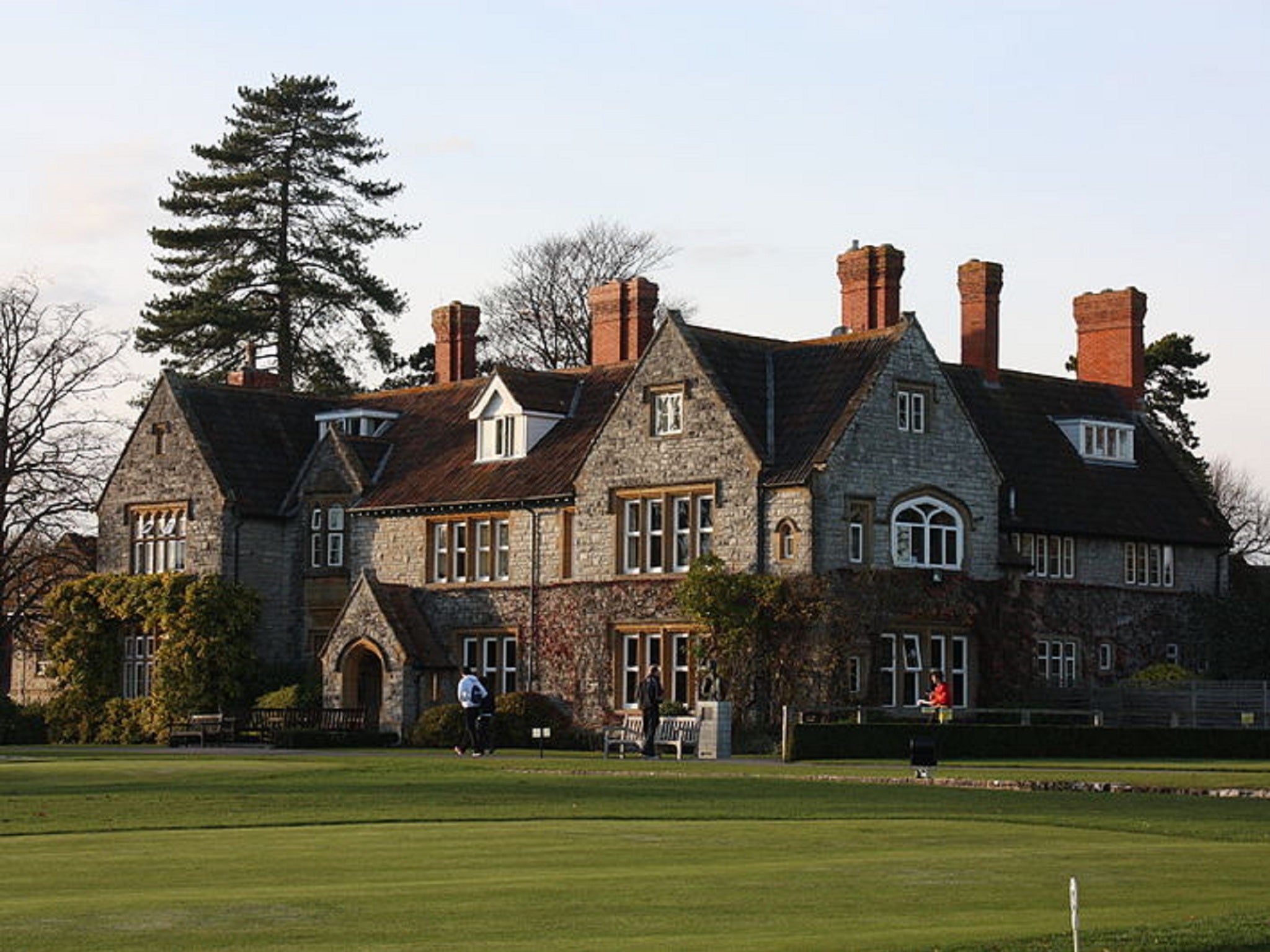Top private schools 'unwittingly take laundered money from criminals'
Exclusive: Millfield alleged by Moldovan police to have received payments from £14bn operation

Your support helps us to tell the story
From reproductive rights to climate change to Big Tech, The Independent is on the ground when the story is developing. Whether it's investigating the financials of Elon Musk's pro-Trump PAC or producing our latest documentary, 'The A Word', which shines a light on the American women fighting for reproductive rights, we know how important it is to parse out the facts from the messaging.
At such a critical moment in US history, we need reporters on the ground. Your donation allows us to keep sending journalists to speak to both sides of the story.
The Independent is trusted by Americans across the entire political spectrum. And unlike many other quality news outlets, we choose not to lock Americans out of our reporting and analysis with paywalls. We believe quality journalism should be available to everyone, paid for by those who can afford it.
Your support makes all the difference.Britain’s top private schools are coming under scrutiny from anti-corruption groups for unwittingly accepting laundered money from wealthy foreign criminals and corrupt officials.
The British private school Millfield is alleged by police in Moldova to have received payments arising from the $22bn (£14bn) international money-laundering operation revealed in an investigation by The Independent and the Organised Crime and Corruption Reporting Project (OCCRP).
The allegation comes as it emerged that Britain’s top public schools are attracting the attention of NGOs including Transparency International and Global Witness for receiving school fees from foreign criminal or corrupt elements keen to get their children or relatives an English education.
Police in Moldova who are leading the investigation into what is thought to be one of Europe’s biggest money-laundering schemes said Millfield was one of more than a dozen legitimate UK businesses which received payments from companies connected to the alleged laundering operation.
These are said to have ranged from a chemical company to a maker of covert surveillance equipment. There is no suggestion of wrongdoing by any of the companies concerned or the school.
The team, headed by the investigating officer Vasile Sarco, claims to have found that funds connected to the laundering process were transferred to these companies, and to Millfield’s bank accounts in the UK.
The school referred The Independent’s queries about the transaction to its bank Lloyds and said: “We are not aware of having received any suspicious payments... Millfield is not part of the regulated sector under the Money Laundering Regulations but is aware of its obligations under the Proceeds of Crime Act.”
Lloyds declined to comment on the specific case but said that it carried out checks into the identity of its customers, adding: “Where we identify any potential money laundering activity we advise the relevant authorities in line with our legal and regulatory obligations.”
Under anti money-laundering laws, banks are obliged to run checks on their clients and – to a lesser extent – on their clients’ clients. However, there are many grey areas and banks argue they cannot be expected to check every transaction of every customer.
Transparency International, the anti money-laundering organisation, is investigating whether more should be done by British schools and universities to carry out checks on the provenance of their fees, especially from countries with a reputation for corruption.
Its executive director Robert Barrington said: “Independent schools’ income from foreign students has greatly increased in the last decade. Most are legitimate, but we suspect a lot is not. And whose job is it to check?
“Schools may not be expected to know which are legitimate bank accounts, but some of their pupils come from parts of the world with high levels of corruption.
“While the money being used for fees is small by money-laundering standards, we are laundering the reputations of the families by opening the door of respectability to the next generation.”
The lack of mandatory checks on the provenance of school fees means it is difficult to gauge how much might be based on dirty money.
However, Mr Barrington cited the example of James Ibori, the Nigerian who received a 13-year jail sentence after admitting fraud, who paid for his children to be educated privately in the UK.
He pointed out that, in other cases, English school and university fees have been used as bribes to foreign officials.
Private schools and universities “should accept there is a problem, sit down around the table with experts and address it. Most independent schools have charitable status. Surely if it is a sector that is in any way compliant with money laundering they put their charitable status under threat.”
The money-laundering expert Stuart McWilliam of Global Witness said while banks should always be the first line of defence, it was up to schools to report money they suspect could come from crime. Figures from the Independent Schools Council show almost 25,000 pupils from outside the UK were registered in 2013-14, including more than 4,400 from China, 2,500 from Russia and 1,000 from Nigeria.
Join our commenting forum
Join thought-provoking conversations, follow other Independent readers and see their replies
Comments